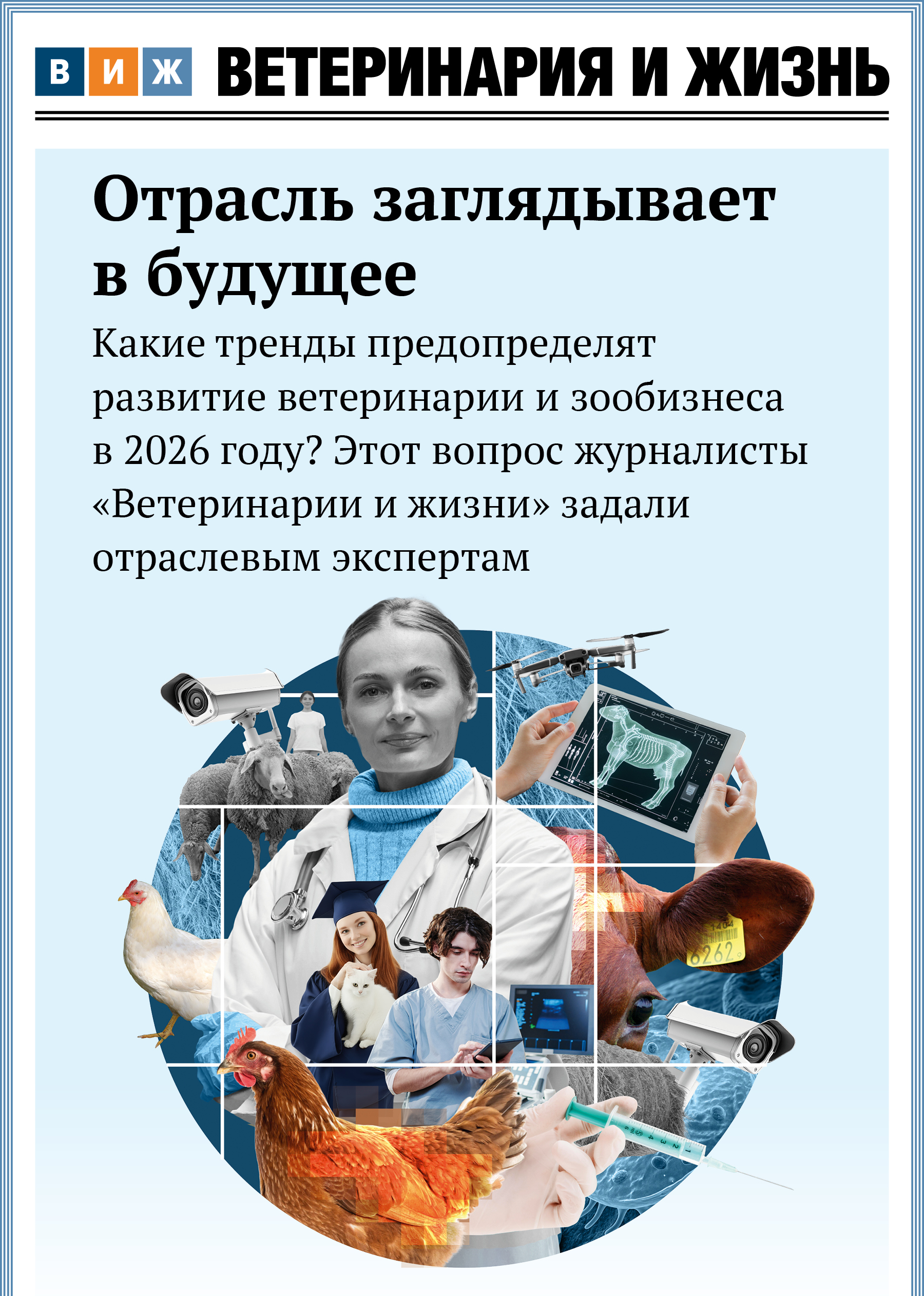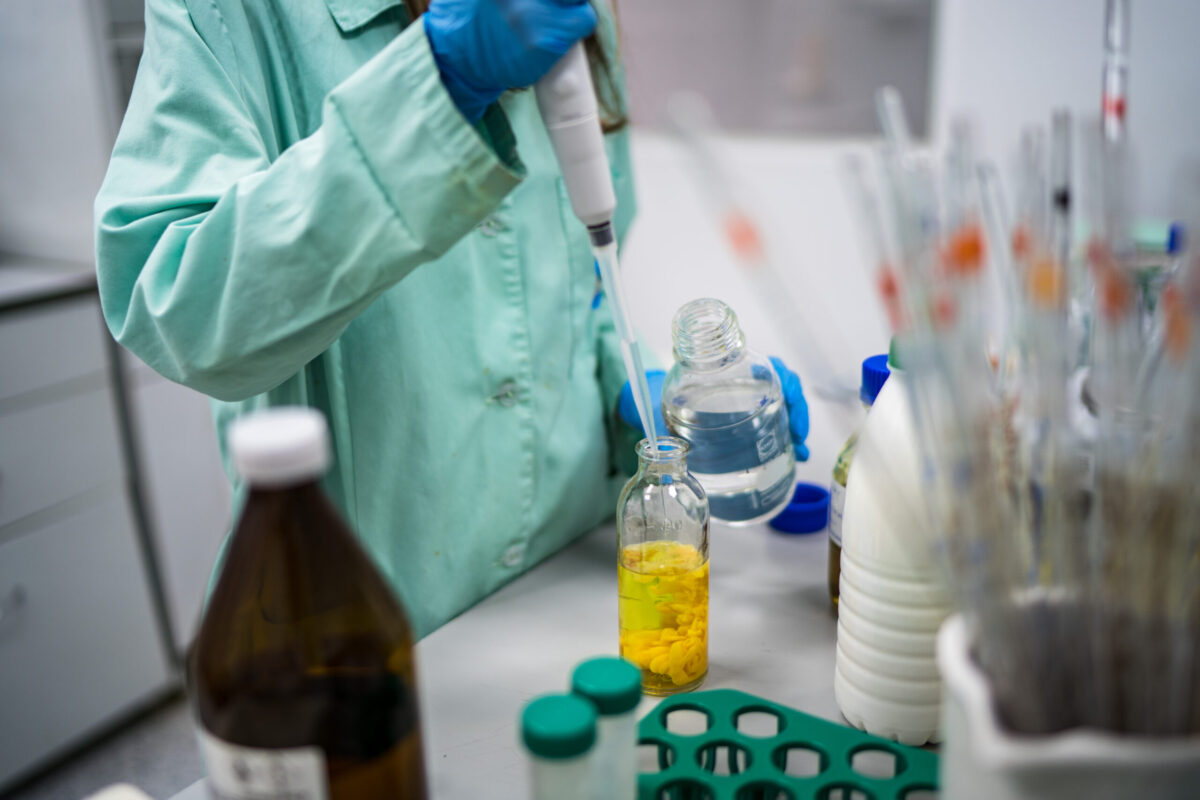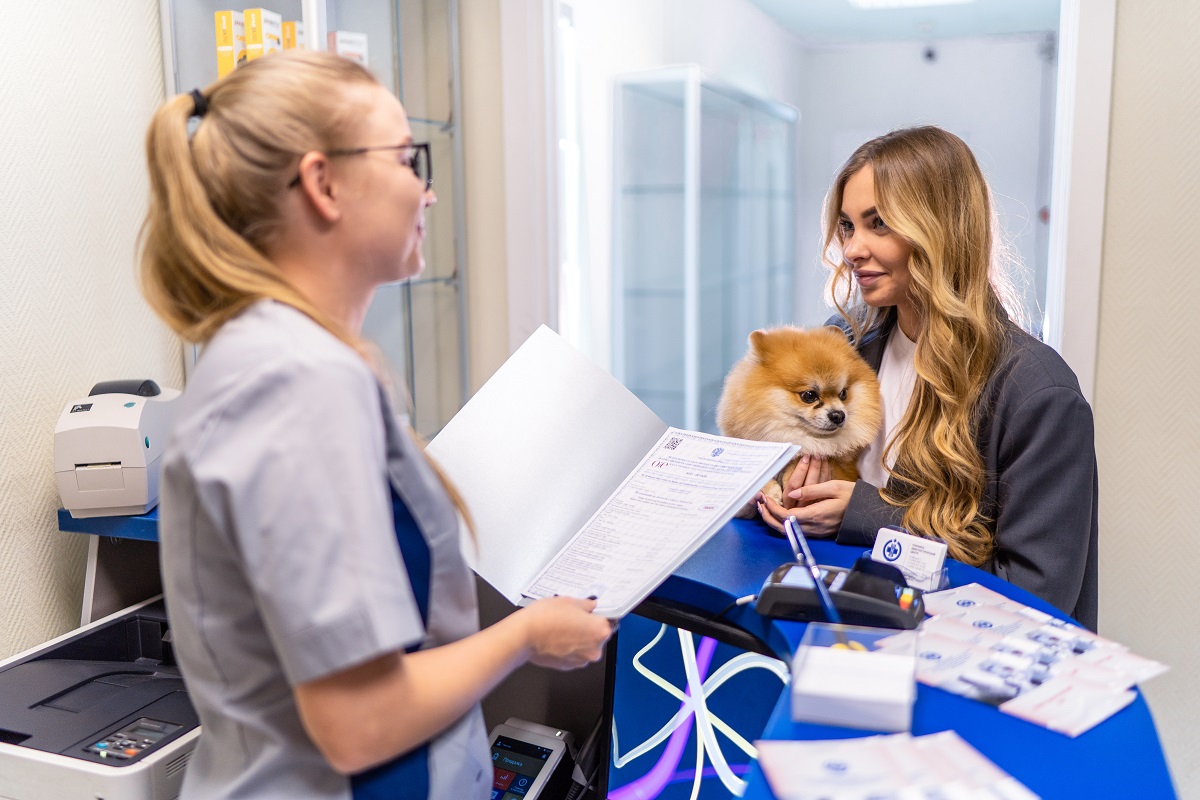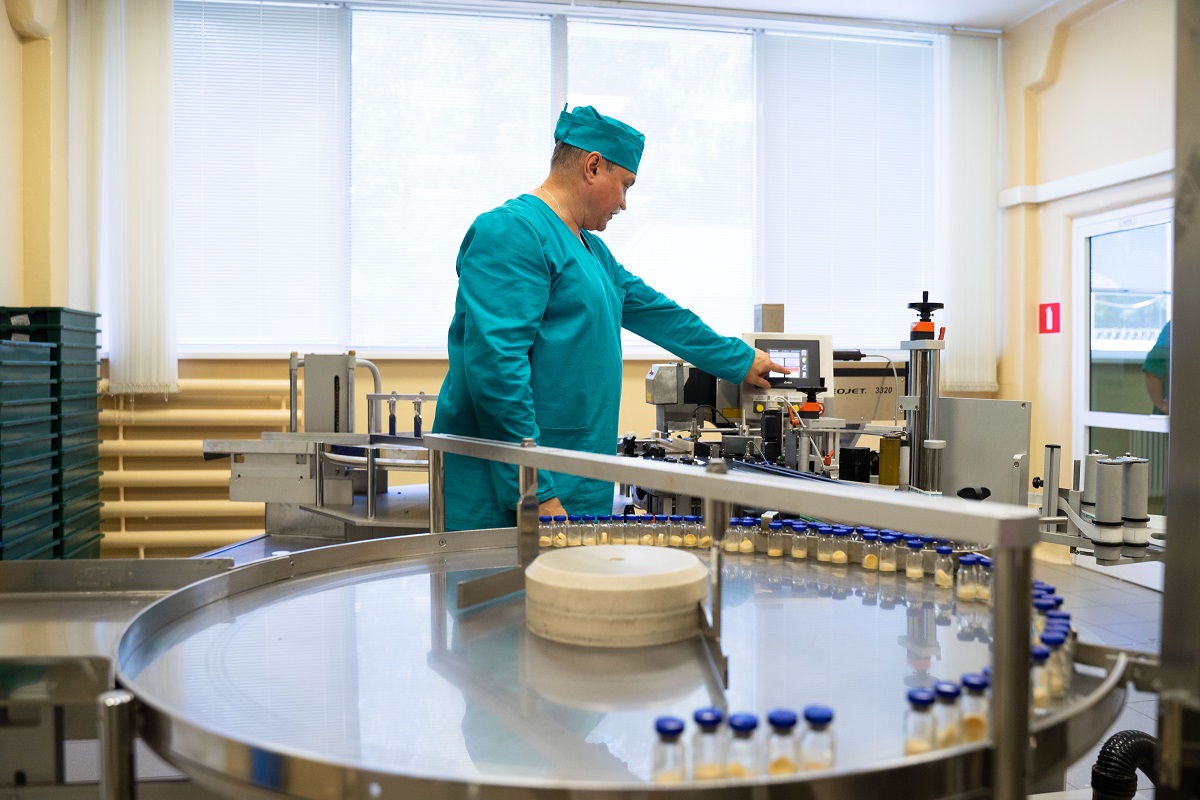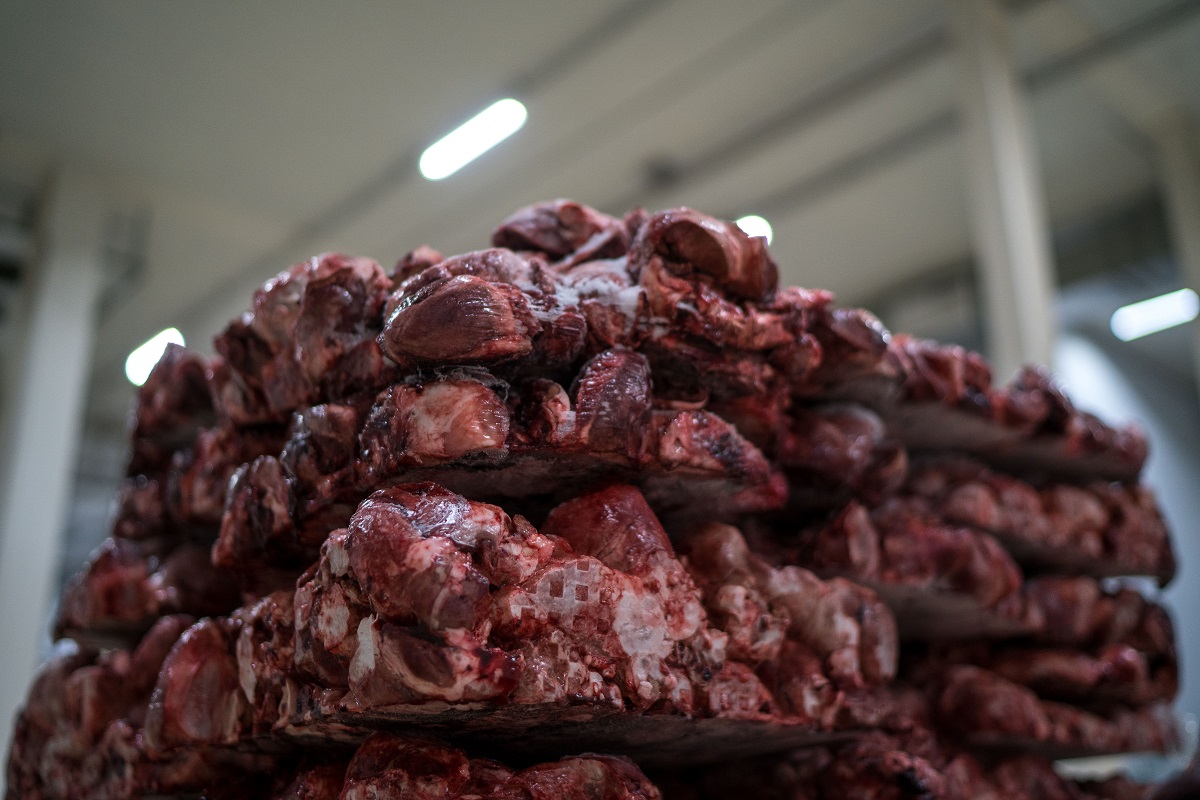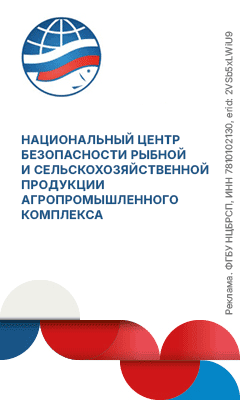“Currently there are no certified domestically produced tools for mastitis prevention. Consequently, creating a vaccine against clinical and subclinical mastitis infections in cows is a vital task”, ARRIAH officials explained.
Experts from the Department for the Prevention of Bacterial Diseases have been working on the isolation of pathogens that cause mastitis in cows since 2020. During this period, bacteriological tests were run on more than 500 samples of milk, with 73,7% appearing to be positive. Bacterial isolates revealed during examination were researched, and based on the results obtained, candidates for experimental vaccines against clinical and subclinical bovine mastitis were selected.
“The antigenic composition of the experimental drug has been selected. It contains 8 inactivated antigens of Streptococcaceae spp., Staphylococcaceae spp., Enterobacteriaceae spp. pathogens”, specified the officials.
Next step will be preclinical studies on laboratory and target animals, aimed at assessment of safety and efficiency of the drug for specific prevention of clinical and subclinical mastitis in cows.
Experts estimate economic damage caused by mastitis as significant. Depending on the productivity of cows and the severity of the inflammation in the udder, milk yield can be reduced by up to 25%.


